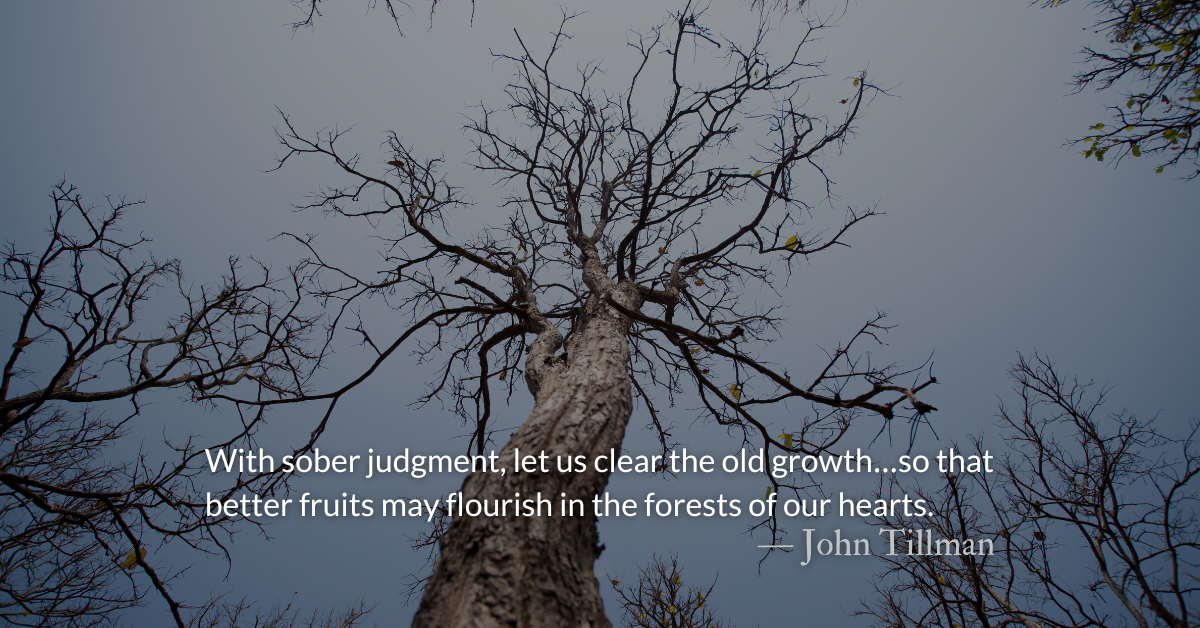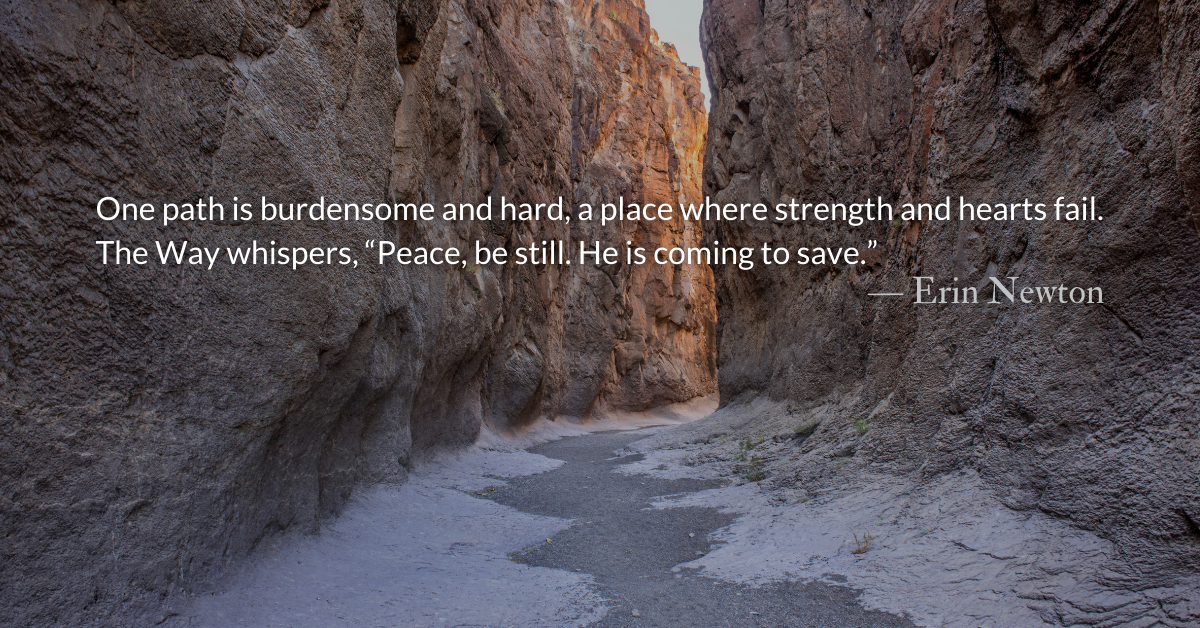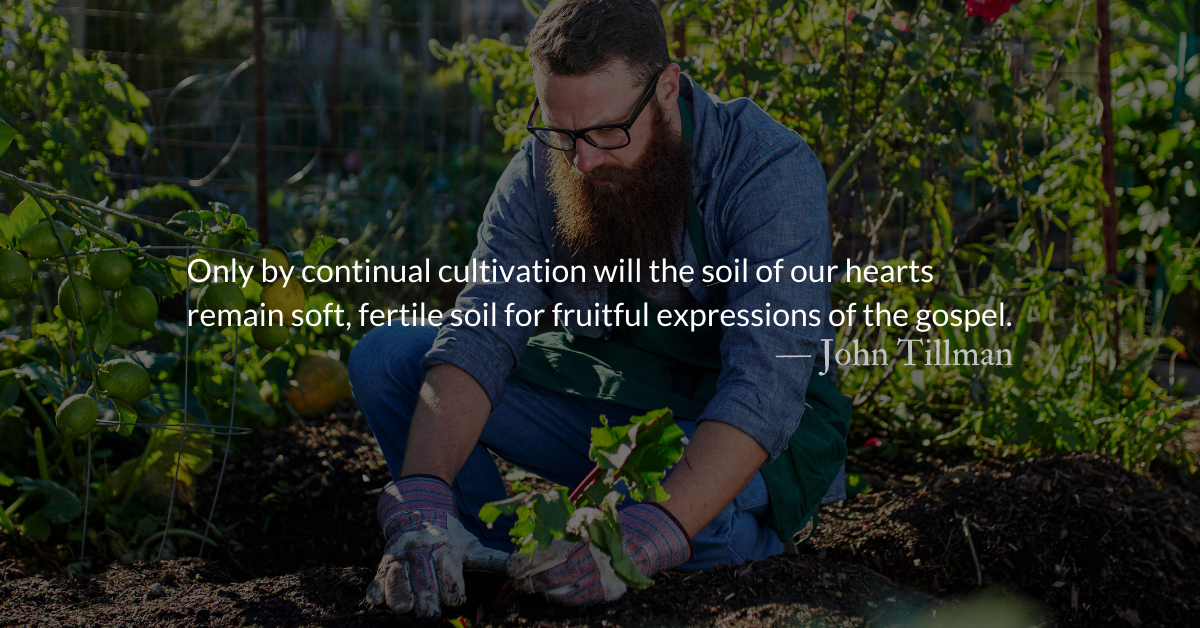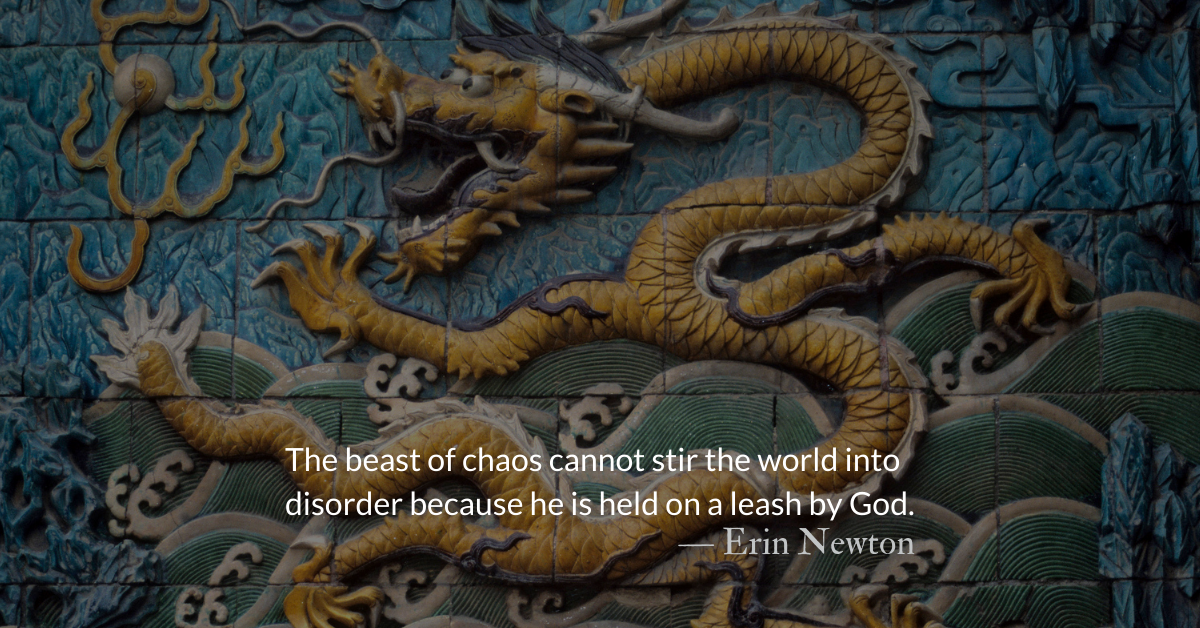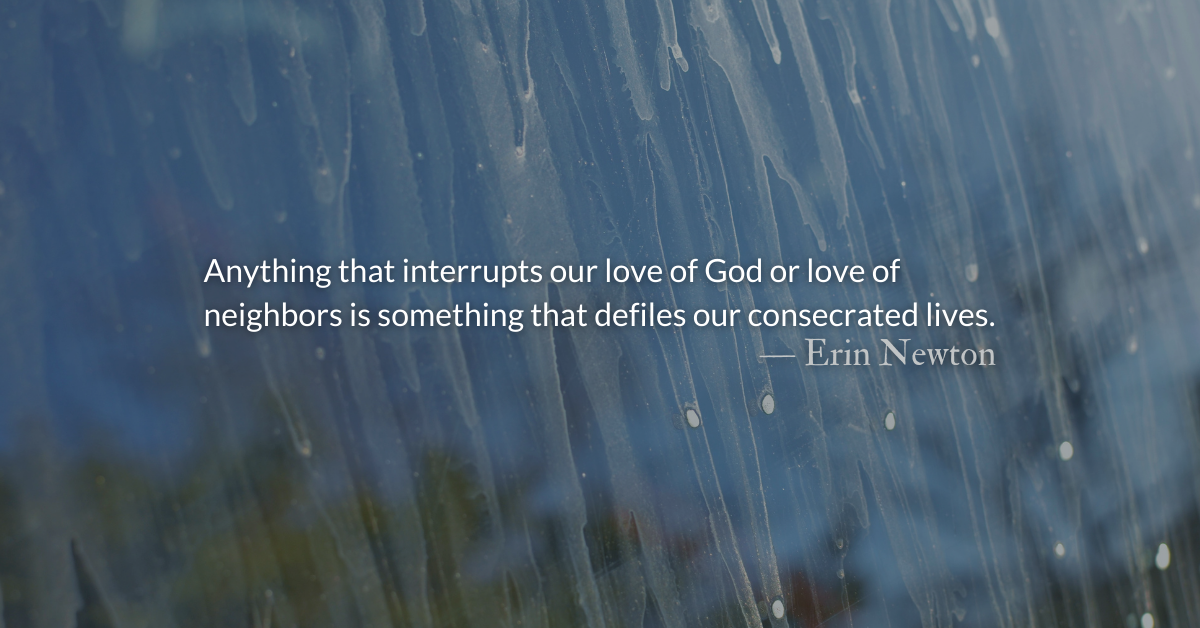Readers’ Choice Month:
This September, The Park Forum is looking back on readers’ selections of our most meaningful and helpful devotionals from the past 12 months. Thank you for your readership. This month is all about hearing from you. Submit a Readers’ Choice post today.
Today’s post was originally published, on June 14, 2022, based on Isaiah 10.33-34 and Matthew 3.10b
It was selected by reader, Brad, from Texas:
“I found this devotional poetically crafted and incredibly dense with meaning: turning our impossibly sized enemies over to God, trusting Him to deal with them as we remain steadfast in our trust and devotion to the many dimensions of God-honoring character.”
Scripture Focus: Isaiah 10.33-34
33 See, the Lord, the Lord Almighty,
will lop off the boughs with great power.
The lofty trees will be felled,
the tall ones will be brought low.
34 He will cut down the forest thickets with an ax;
Lebanon will fall before the Mighty One.
Matthew 3.10b
10b Every tree that does not produce good fruit will be cut down and thrown into the fire.
Reflection: Clear the Old Growth—Readers’ Choice
By John Tillman
I worked, for a few weeks, as a lumber surveyor’s assistant in the piney woods of East Texas.
I would drive a stake in the ground and then plow as straight a path as possible along a compass heading, dragging a long, smooth strip of hard plastic, called a “chain.” I wasn’t to turn to the left or the right. Unless it was impossible, I had to push straight through brush, bushes, or thorns.
The surveyor would step on the chain to stop me when the tape reached the stake. Then, I would drive another stake and wait. By tugging on the chain, he would signal me to continue straight or turn 90 degrees left or right. In this way, we marked off squares of wooded land, and calculated the value of its trees based on the ratio of “quality” trees to trees that were not useful or valuable.
In Macbeth, the wicked-hearted king is given a prophecy that he cannot be defeated until Birnam Wood comes to Dunsinane. Macbeth assumes he is invincible. For when does a wood travel?
Similarly, Assyria grew overconfident. Sennacherib knew God’s word well enough to twist its meaning in his threats to Jerusalem, yet he had no respect for God. He thought he was a god and all other gods were idols. He expected to overwhelm Jerusalem as easily as Samaria. Sennacherib’s army was an impossible, forest-like foe, covering the ground and overwhelming the land.
The foes we face don’t determine our fate. Like Hezekiah, we can turn them over to God. Isaiah promised that the Assyrian army would be cut down in a day. The “lofty” and “tall” trees would fall before God’s ax.
In the ancient near east, trees were valuable and important—especially the highly valued cedars of Lebanon. Yet no earthly value or importance will stop God’s judgment. God’s ax “is already at the root of the trees.” (Matthew 3.10)
Instead of focusing on outward enemies we have little control over, let us survey our inner forest and the foes we find there. With sober judgment, let us clear the old growth, turning neither to the left nor the right, cutting down pride, selfishness, hatred, fear, greed, and lusts so that better fruits may flourish in the forests of our hearts.
“Every tree that does not produce good fruit will be cut down and thrown into the fire.”
Divine Hours Prayer: The Refrain for the Morning Lessons
I sought the Lord, and he answered me and delivered me out of all my terror. — Psalm 34.4
– From The Divine Hours: Prayers for Summertime by Phyllis Tickle.
Today’s Readings
Jeremiah 50 (Listen 8:42)
2 Corinthians 9 (Listen 2:26)
This Weekend’s Readings
Jeremiah 51 (Listen 10:15) 2 Corinthians 10 (Listen 2:45)
Jeremiah 52 (Listen 5:49) 2 Corinthians 11 (Listen 4:46)
Readers’ Choice is Here!
Thank you for your recommended posts from the last 12 months. Which one helped you understand scripture?
Read more about Uprooting and Replanting
People uproot thornbushes and burn them. Then they plant fruitful vines in their place.

